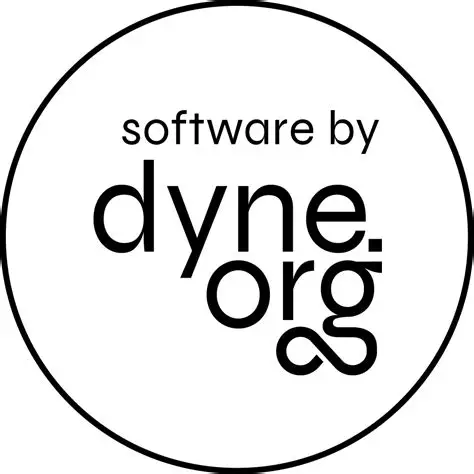README
@dyne/zencode-chain
Execute chain of zencode smart contracts
💾 Install • 🎮 Quick start • 📋 Testing • 🐛 Troubleshooting & debugging • 😍 Acknowledgements • 🌐 Links • 👤 Contributing • 💼 License
Zenroom and zencode are part of the DECODE project about data-ownership and technological sovereignty. Our effort is that of improving people's awareness of how their data is processed by algorithms, as well facilitate the work of developers to create along privacy by design principles using algorithms that can be deployed in any situation without any change.
🚩 Table of Contents (click to expand)
💾 Install
yard add @dyne/zencode-chain
🎮 Quick start
In many use-cases you want to chain execution of different zencode and pass the output as keys/data to other zencodes. This small library helps to achieve that by putting your zencode in an array of steps.
in the following example we define two steps and the result of the first
is passed as keys to the second one.
import { execute } from '@dyne/zencode-chain';
const newAccount = `{"username": "Alice"}`;
const steps_definition = {
verbosity: false,
steps: [
{
id: 'step1',
zencode: `Scenario ecdh: create the keypair at user creation
Given that my name is in a 'string' named 'username'
When I create the keypair
Then print my 'keypair'`,
data: newAccount,
},
{
id: 'step2',
zencode: `Scenario 'ecdh': Publish the public key
Given that my name is in a 'string' named 'username'
and I have my 'keypair'
Then print my 'public key' from 'keypair'`,
data: newAccount,
keysFromStep: 'step1',
},
],
};
execute(steps).then((r) => console.log(r));
Step definitions
The steps definition is an object literal defined as follows:
type Steps = {
readonly steps: readonly Step[]; // an array of step definitions
readonly conf?: string; // zenroom configuration, could be overridden by each step
readonly verbose?: boolean;
};
The single step definition is an object literal defined as follows:
type Step = {
readonly id: string;
readonly zencode: string;
readonly data?: string;
readonly dataFromStep?: string;
readonly dataTransform?:
| ((data: string) => string)
| ((data: string) => Promise<string>);
readonly keys?: string;
readonly keysFromStep?: string;
readonly keysTransform?:
| ((data: string) => string)
| ((data: string) => Promise<string>);
readonly conf?: string;
};
The list of the attributes are:
- id mandatory, a unique string to identify your step
- zencode mandatory, your zencode to run
- data optional, the data; when you want to pass it directly
- dataFromStep optional, the step.id to get the result as input
- dataTransform optional, a function that accepts a string and return a string, that will be executed on data just before the execution. This intended to be used to mangle your data with some transformation (eg. remove a key, or rename it)
- keys optional, the keys; when you want to pass it directly
- keysFromStep optional, the step.id to get the result as input
- keysTransform optional, a function that accepts a string and return a string, that will be executed on keys just before the execution. This intended to be used to mangle your keys with some transformation (eg. remove an attribute, or rename it)
- conf optional, the zenroom conf for the specific zencode_exec (eg. 'memmanager=lw') overrides generic one
📋 Testing
yarn test
🐛 Troubleshooting & debugging
No known issue by now
😍 Acknowledgements
Copyleft (ɔ) 2021 by Dyne.org foundation, Amsterdam
Designed, written and maintained by Puria Nafisi Azizi.
Special thanks to Mr. W. White for his special contributions.
🌐 Links
👤 Contributing
Please first take a look at the Dyne.org - Contributor License Agreement then
- 🔀 FORK IT
- Create your feature branch
git checkout -b feature/branch - Commit your changes
git commit -am 'Add some fooBar' - Push to the branch
git push origin feature/branch - Create a new Pull Request
- 🙏 Thank you
💼 License
@dyne/zencode-chain - Execute chain of zencode smart contracts
Copyleft (ɔ) 2021 Dyne.org foundation, Amsterdam
This program is free software: you can redistribute it and/or modify
it under the terms of the GNU Affero General Public License as
published by the Free Software Foundation, either version 3 of the
License, or (at your option) any later version.
This program is distributed in the hope that it will be useful,
but WITHOUT ANY WARRANTY; without even the implied warranty of
MERCHANTABILITY or FITNESS FOR A PARTICULAR PURPOSE. See the
GNU Affero General Public License for more details.
You should have received a copy of the GNU Affero General Public License
along with this program. If not, see <http://www.gnu.org/licenses/>.

